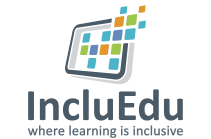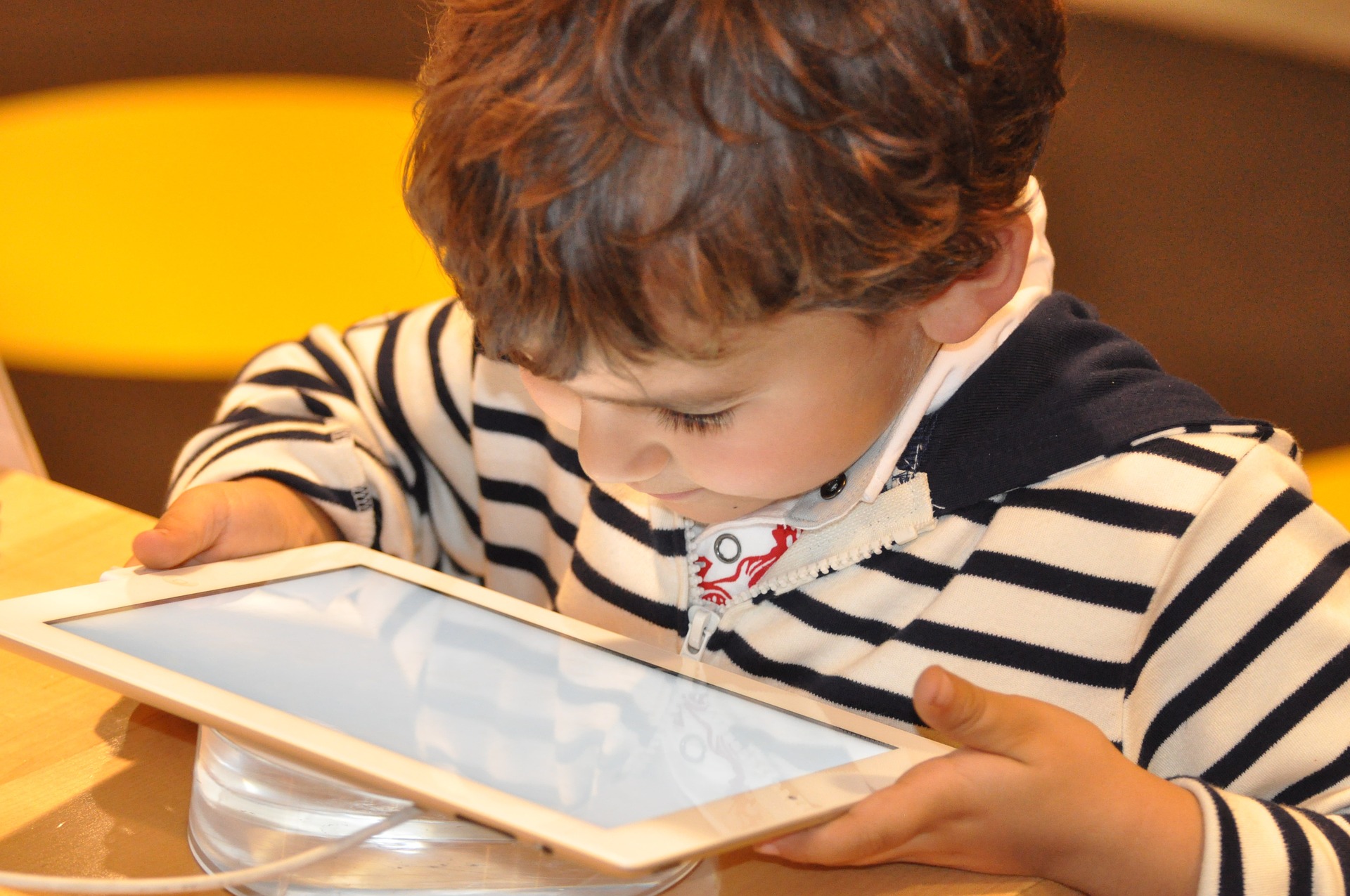Project Overview
Inclusive Education with Tablets (IncluEdu) was a 3-Year European Project (2014 – 2017) funded by the Erasmus+ Programme (KA2) of the European Commission. IncluEdu created an innovative, European-wide, modularised further education programme for, and network of, education providers by exploiting the huge potentials of tablet computers for wider inclusion of learners with SEN. The overall aim if IncluEdu is that these organisations gain the necessary competences to successfully introduce mobile ICT such as tablets to support inclusion within their offers.






